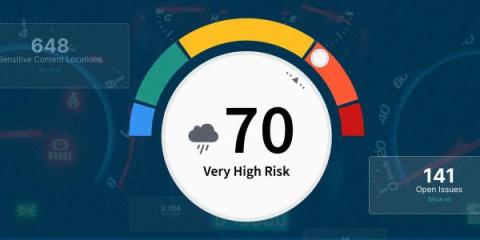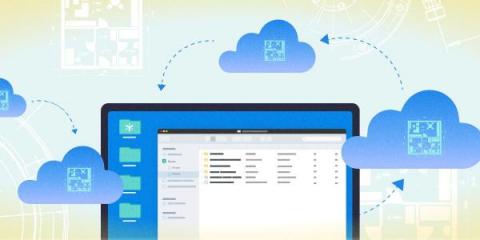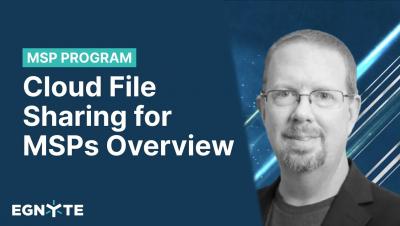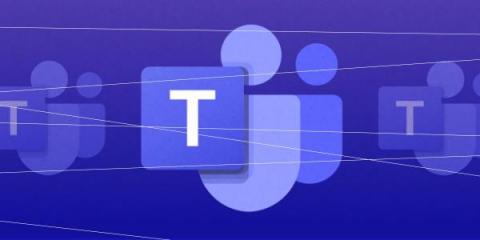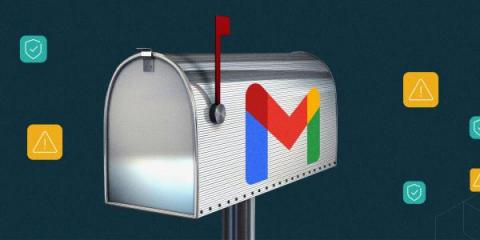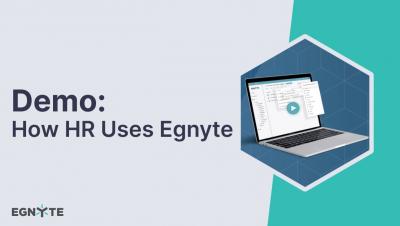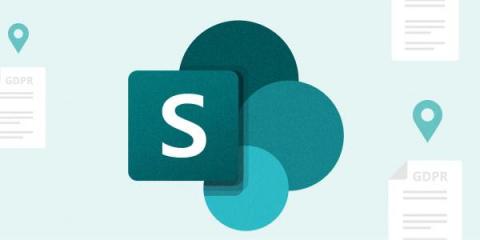Security | Threat Detection | Cyberattacks | DevSecOps | Compliance
December 2021
Use Egnyte to Guard Against Insider Threats from Outgoing Employees
One of the biggest societal trends of 2021 has been the “Great Resignation.” For a variety of reasons—including a robust job market and the ongoing impact of the global pandemic—an average of 3.8 million U.S. workers quit their jobs on a monthly basis so far this year. That’s on pace to be the highest resignation rate on record, and the trend recently expanded to include international locations, such as Germany and Denmark.
Integrating Egnyte with Gmail
Recover from a Ransomware Attack with Egnyte's Self-Service Feature
Ransomware is on the rise and shows no signs of slowing. In the past year alone, major ransomware attacks have hit just about every major industry, including health care, physical infrastructure, digital infrastructure, and food. It’s no longer a matter of if, but when an organization will be attacked, which is why most companies now spend considerable resources to defend against ransomware attacks.
Start Your Engines with Egnyte's Data Governance Test Drive
Egnyte recently launched its free, interactive Data Governance Test Drive, which lets you experience the platform for yourself. Test Drive spotlights key capabilities of Egnyte,.
View and Annotate CAD Files in Field Quickly and Inexpensively
Everyday thousands, if not millions, of dollars are wasted on delays and reworks caused by project teams not having access to the latest files. And while there are myriad reasons for this waste, one of the biggest culprits is field teams' inability to easily access CAD files on-site. Computer-aided design, or CAD, has become the backbone of most construction projects because its precision improves design quality and facilitates better communication through documentation.
Review and Approve GxP Documents with Egnyte
Multiple team members within a life science company may need to periodically review and approve GxP documents for compliance purposes, including those on the clinical, regulatory, quality and product teams. And with so many parties involved, you need to establish a clear and uniform set of instructions to ensure the process is a success.
Cloud File Sharing for Managed Service Providers (MSPs) Overview
Use Egnyte To Reduce Content Sprawl in Microsoft Teams
Microsoft Teams has exploded in popularity in recent years, going from 2 million users in 2017 to roughly 250 million today. That growth is due in no small part to the disruptions caused by the global pandemic, with employees working from home and still needing to collaborate.
Close Out Construction Projects Without the Administrative Hassle
Properly closing out construction projects can be a major administrative hassle that takes time away from more productive tasks. Not only do you have to identify and retain your contracts, warranties, and proof of completions, but you also must remove team members who no longer require access to systems and folders. It’s typically a very manual process—but it doesn’t have to be.
Easily Find and Secure Sensitive Data in Gmail with Egnyte
Gmail is an immensely popular service, with nearly 2 billion active accounts. And as the service has grown, businesses have turned to it for all kinds of things it was never meant to do: user authentication, password recovery, and perhaps most problematic, the passing of sensitive or regulated data between parties.
Light and Dark Theme
How Human Resources Practitioners Use Egnyte
Locate and Protect GDPR-Related Sensitive Data in SharePoint
The General Data Protection Regulation (GDPR) established rules for handling personal information in the EU. And with strict penalties for noncompliance, it puts the onus on businesses like yours to know where all their GDPR-related data is located and how it’s treated.
How Subcontractors Can Identify CUI Data in Google Workspace
The US federal government has increasingly focused on supply chain security in recent years, which puts added pressure on subcontractors to not be the weakest link. Due to the nature of federal contracts, government contractors typically possess data called Controlled Unclassified Information, or CUI, if they supply goods or services directly to the federal government.
6 Ways Biotechs Can Use AI, Automation to Maximize Data at Scale
For years, biotechs have been hampered by the administrative burden of seemingly endless amounts of diverse, siloed data, slow data ingestion, and security threats coming from internal and external sources. And yet, the life sciences industry continues to see double-digit growth. It’s now worth $285 billion a year, with no signs of slowing down.






